Americans mark 60th anniversary of 'March on Washington' with mass rally
Americans have commemorated the 60th anniversary of the "March on Washington," a pivotal event held in the US capital in the 1960s US civil rights movement, amid spreading social injustice in an increasingly polarized US society.
Tens of thousands of Americans, who gathered on Saturday in Washington, DC, to show their devotion to the ideas of late American civil rights leader Martin Luther King Jr., called for an end to White supremacy and racial discrimination in the United States.
Rights activists from all over the US and from all walks of society gathered at the iconic Lincoln Memorial to promote racial equality in US society and beyond.
Speakers at the rally, who see Black America's rights are on the line, addressed discriminatory issues in US society including Supreme Court decisions on Affirmative Action to states who are attempting to rewrite the history.
"No Justice, No Peace," the demonstrators chanted, while speakers reminded that "Black lives matter", condemning gun violence against Black individuals.
They stressed that racism is becoming more prevalent in American society and highlighted the need for more efforts to eliminate racial discrimination.
On August 28, 1963, Martin Luther King, Jr. stood in front of the Lincoln Memorial and delivered his “I have a dream” speech which would become one of the most influential speeches in world modern history."
That march brought more than 250,000 people to the US capital to push for an end to continuous discrimination against colored people in the US.
In his memorable speech, King urged the righteous people from all walks of US society to imagine a day when "all of God's children, Black men and white men, [are] ... 'Free at last! Free at last!"
King's inspiring "March on Washington" speech helped change the segregated system prevalent in US society in the 60s and bring an end to Jim Crow laws, pass the Voting Rights Act of 1965 and open the modern civil rights era which was slowly making progress before former US President Donald Trump launched his regressive rightist campaign, driving a wedge in US society.
Trump voters trust him more than their loved ones, religious leaders: Poll
US defenses overwhelmed by Iran’s drone and missile barrages: WSJ
IRGC says second US THAAD anti-missile unit destroyed
CNN journalists abducted by Israel while reporting on damage from Iranian strikes
Iran denies attacks on Oman as it warns of US-Israeli ‘false-flag’ ops
Iran knows where Netanyahu convenes his meetings: Ex-IRGC chief
‘Law of jungle’: China says Israeli-US aggression against Iran must stop
Iran says committed to regional security; retaliatory attacks only target Israel, US assets
'Blatant war crime': Iran denounces US-Israel strikes on Gandhi hospital in Tehran


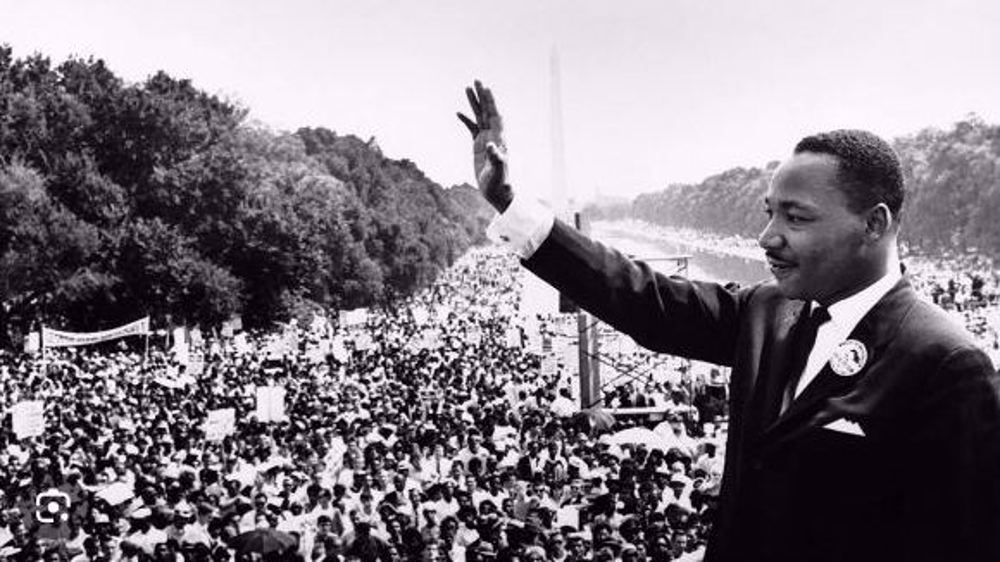
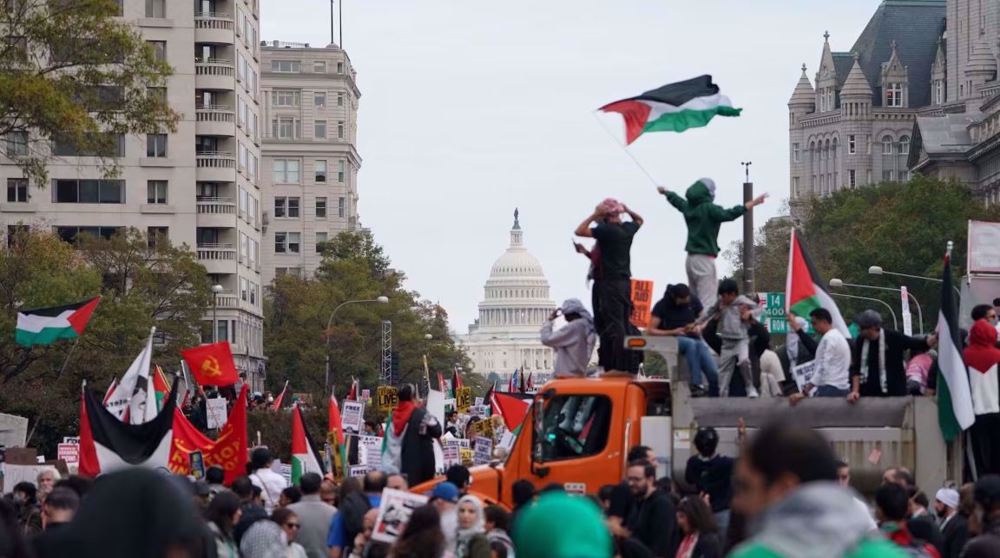
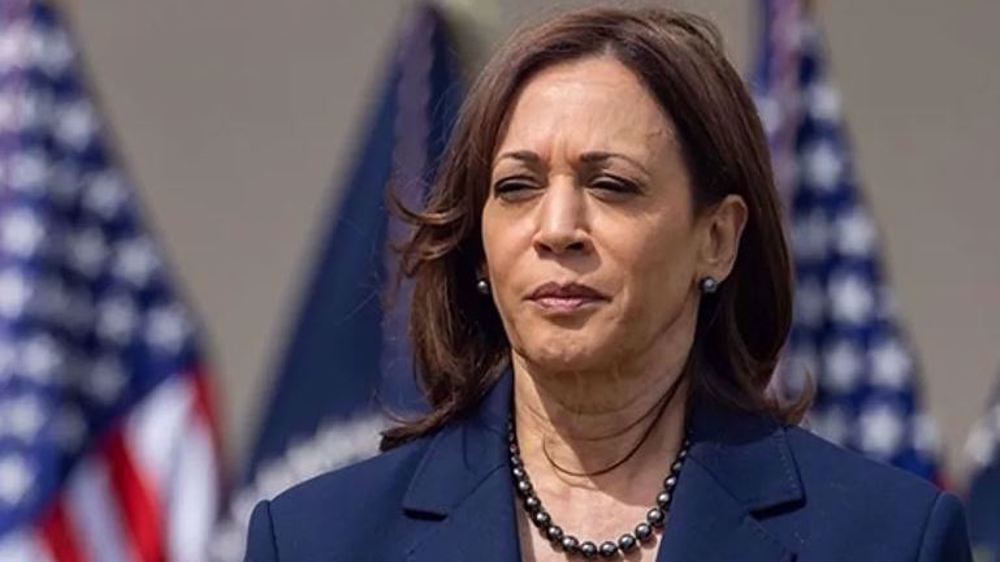
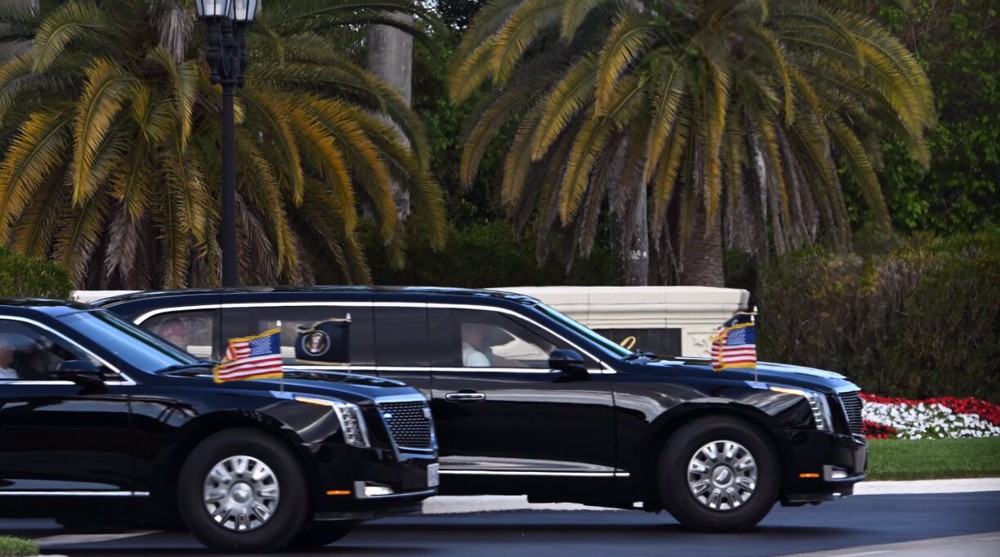



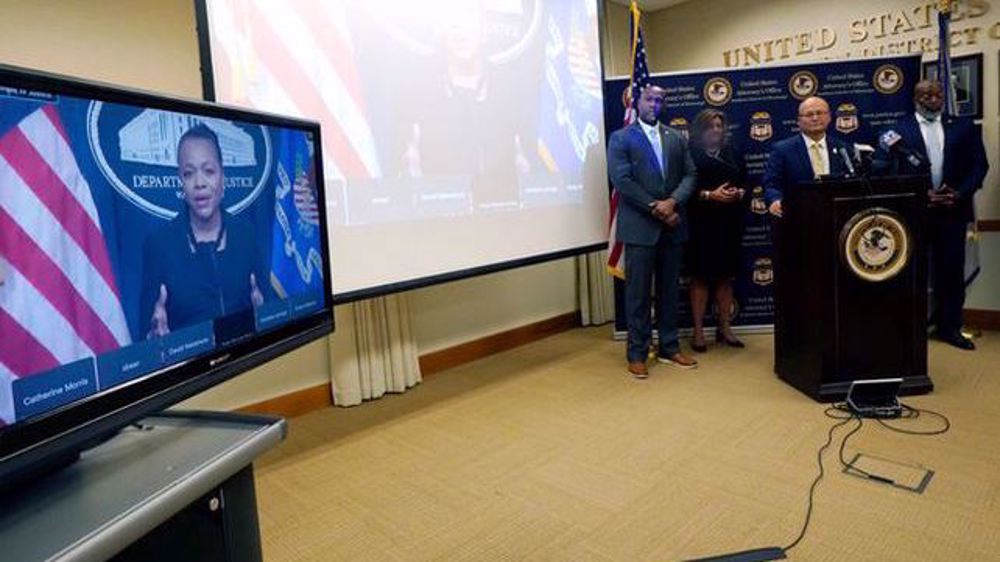
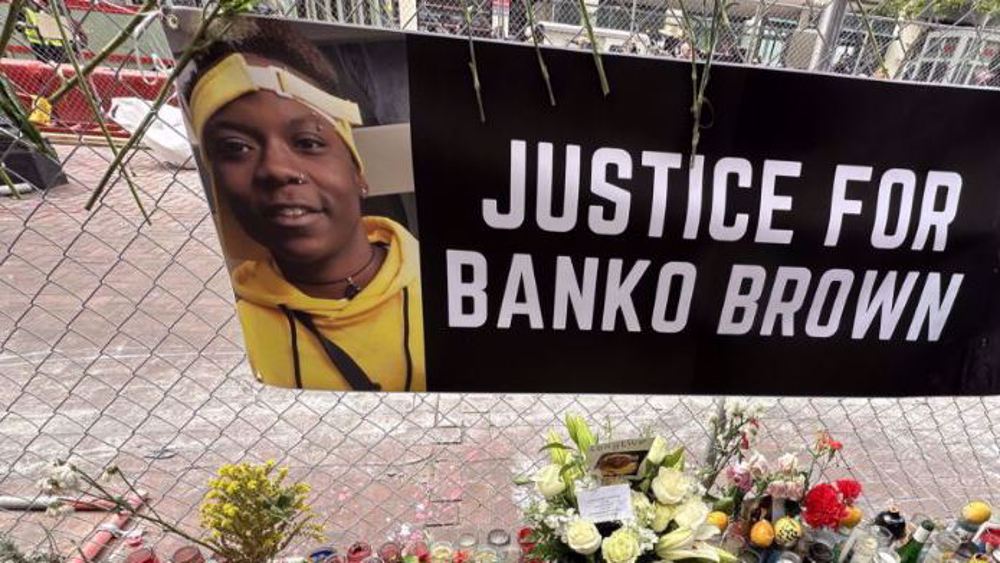
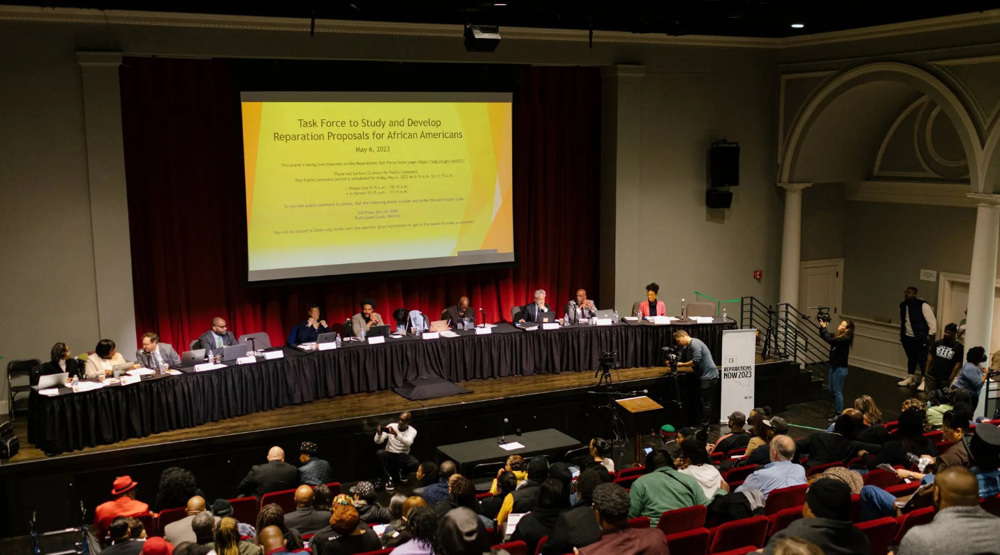
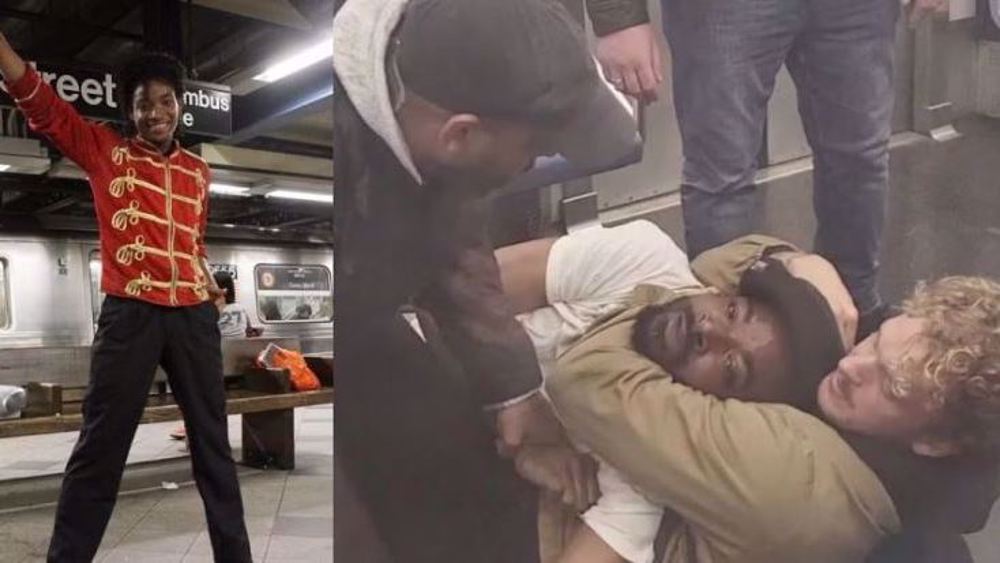
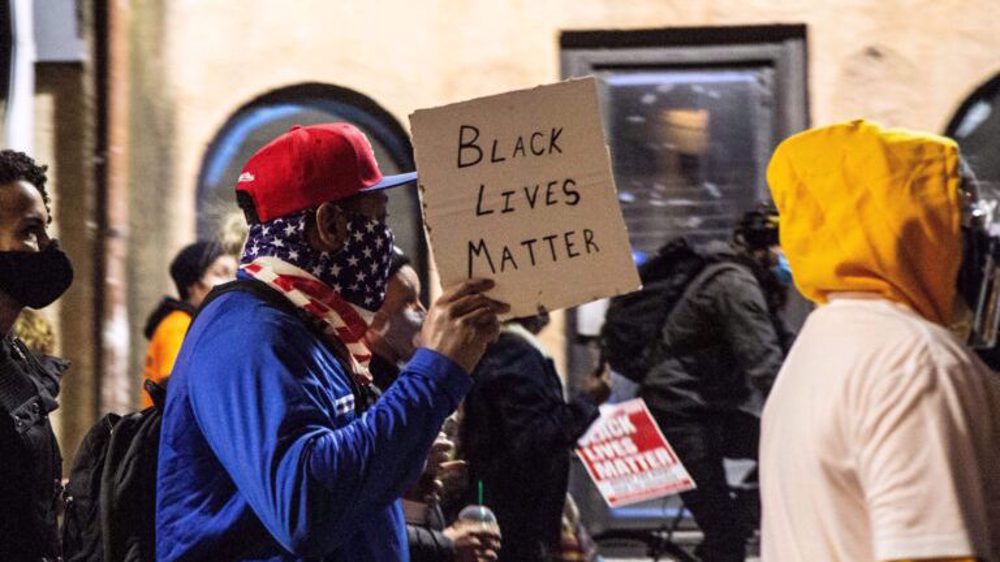
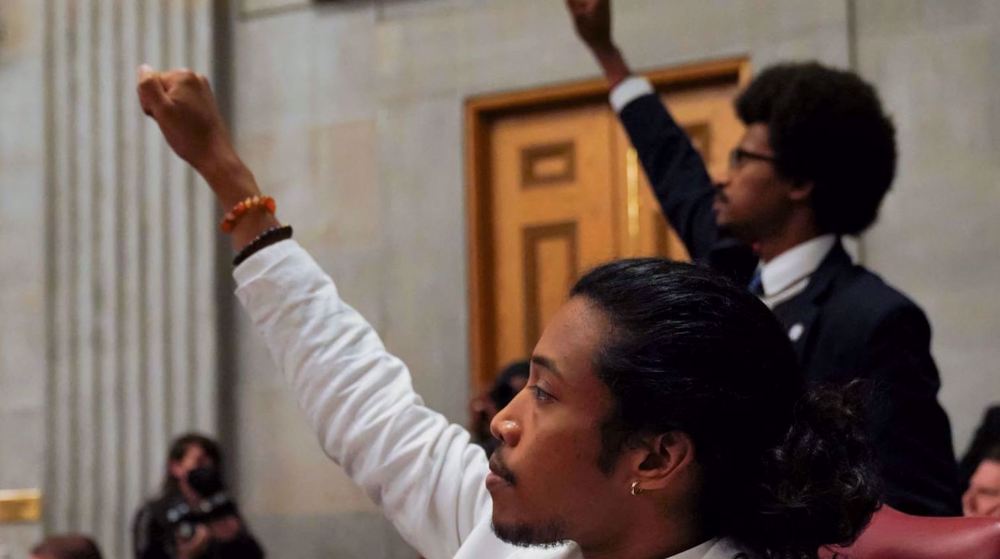

 This makes it easy to access the Press TV website
This makes it easy to access the Press TV website